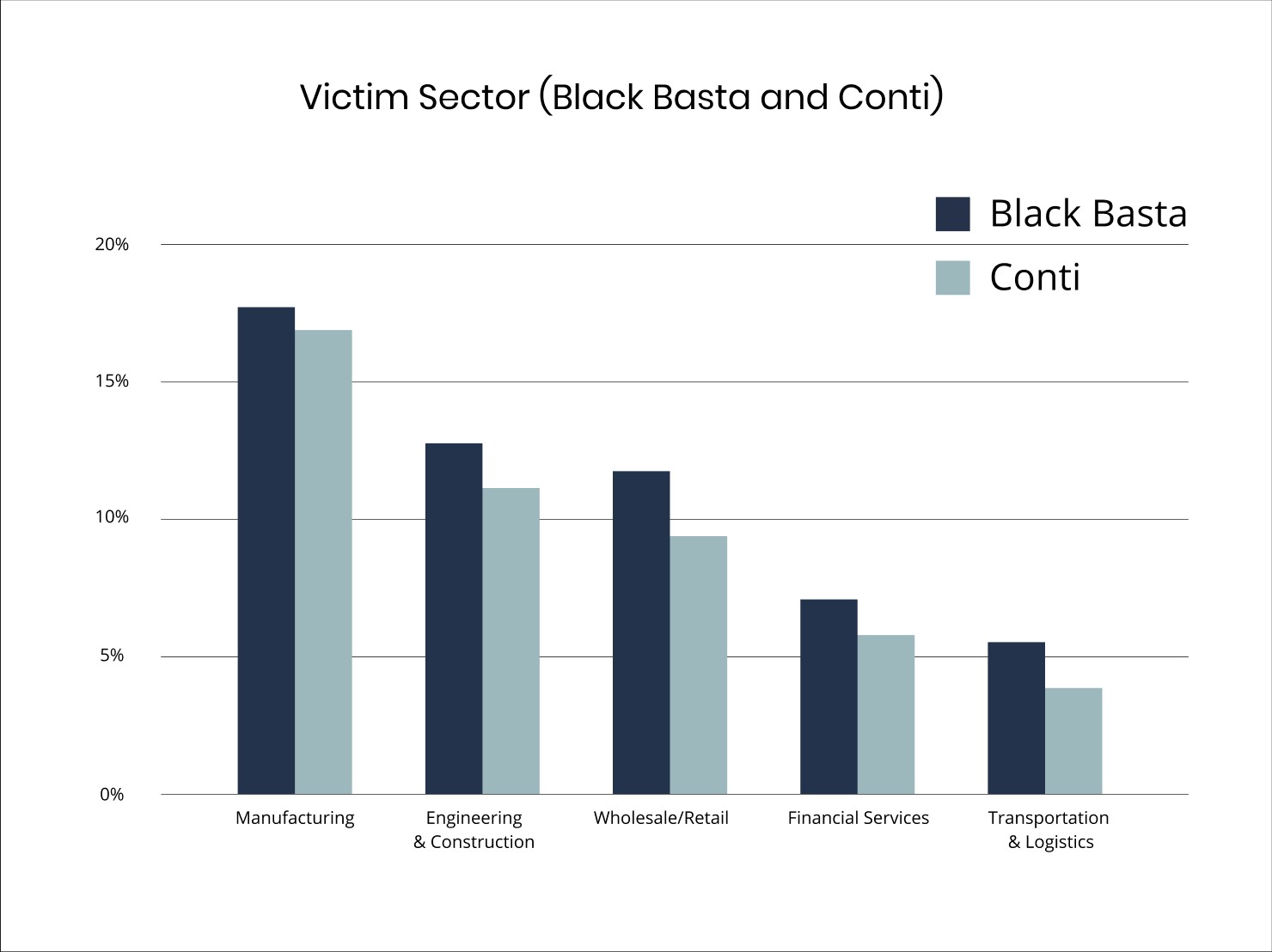
Following the 2022 law enforcement takedown of Conti's operations, BlackBasta has emerged as a dominant force in the Russian-language ransomware landscape, showcasing remarkable adaptability and sophistication in its attack methods.
The group quickly adjusted after the August 2023 disruption of Qakbot botnets, which many ransomware operations relied on for malware delivery. BlackBasta swiftly transitioned to using Pikabot, while simultaneously expanding into phishing, vishing, and social engineering tactics.
By late 2023, BlackBasta had developed its own custom malware tools - Cogscan for network mapping and data identification, and Knotrock for ransomware execution. The group's ability to evolve has positioned it as a leader in the ransomware space.
Recent analysis by cybersecurity expert Yelisey Bohuslavskiy highlights concerning patterns in BlackBasta's operations, particularly noting the group's intense focus on healthcare sector attacks in 2024. The analysis suggests possible connections between BlackBasta and Russian state-affiliated threat actors, though this remains unconfirmed.
Security professionals note that BlackBasta currently targets specific credentials, with particular interest in Cisco, Fortinet, and Citrix access. The group also actively searches for exposed GitHub repositories and other open-source materials from target organizations.
However, experts disagree on the nature of these ransomware operations. While some see coordinated efforts between groups and state actors, others view them as decentralized networks of individual hackers operating under brand umbrellas.
Ed Dubrovsky, ransomware negotiator at Cypfer, suggests that when law enforcement disrupts one group, individual hackers simply move to other operations, driven primarily by profit rather than loyalty to specific organizations.
The ransomware landscape continues to evolve, with BlackBasta's emergence highlighting the persistent threat these groups pose to global cybersecurity. Organizations are advised to strengthen their defenses against sophisticated social engineering attempts and credential compromise, as these remain primary attack vectors for this emerging threat actor.